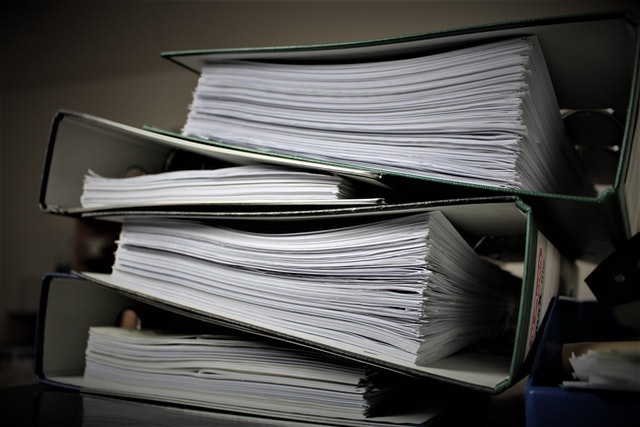Budget: Headline Items for Personal Returns

Many spending initiatives go to support for low-income individuals and families.
“Decent” and “encouraging” were two verdicts from the tax industry on the 2022 budget, with measures to address cost-of-living pressures high on the list. Big-ticket items were left untouched: stage 3 personal tax cuts remain scheduled to start in 2024-25 and the superannuation guarantee rises next year, as planned, to 10.5 per cent.
The chief economist at PwC, Jeremy Thorpe, said the central theme for the budget was security, with expenditure on defence, cyber security, water security, job security and security of living expenses.
“I think there’s a consistency to this budget. And in an election year, I think there could have been a bigger spending outcome. It’s actually quite constrained,” Mr Thorpe said.
The main measures:
Increase in the low to middle income tax offset (LMITO)
Raises the maximum amount by $420 to $1,500 ($3,000 for couples) earning up to $126,000. If someone’s tax liability is less than the LMITO, the excess is not refundable.
Ends: 30 June 2022
The senior manager of tax policy at CPA Australia, Elinor Kasapidis, said most eligible taxpayers would get the boost within a few months, once they had completed their tax return.
“Given everything that’s going on at the moment, it’s a good thing,” she said, but the scheme should not be overextended “because people start to expect it to become permanent,” Ms Kasapidis said.
The chief economist at PwC, Mr Thorpe, said with low unemployment, strong growth and rising inflation “this is not the time you need to be spending more money to stimulate the economy”.
“On the other hand, it’s an election year and there was always going to be that need for support. This is actually quite modest. And it’s time limited,” Mr Thorpe said.
Halving fuel excise
Cuts the rate from 44.2¢ per litre to 22.1¢ for six months.
Starts: Immediately. Ends: 28 September 2022
The national tax technical leader at BDO, Lance Cunningham, said the immediate reduction to household costs could backfire unless the rise in petrol price is also temporary.
“It’s going to be interesting to see after six months when the discount of half the excise is supposed to come off, but will the world price of fuel have gone down? And if it hasn’t, what are they going to do? Everybody will be paying more for petrol again,” Mr Cunningham said.
And simply extending the measure created problems elsewhere.
“The fuel excise is used to fund infrastructure for the roads, and if they can’t get the money from there, it’s going to come from somewhere else,” Mr Cunningham said.
Cost of living payment $250
Eligible recipients include age pensioners, Jobseekers, those receiving the Carer payment, disability support pension or Youth Allowance. The payment is tax exempt and does not count as income for the purposes of income support.
Paid: April 2022
The senior manager business and investment policy at CPA Australia, Gavan Ord, said some people working and receiving welfare payments could qualify for both the one-off $250 and the extra $420 LMITO.
“The issue is whether that is a little bit too generous and maybe the inflation genie is out of the bottle,” he said. “It will be interesting to see what the RBA says next Tuesday [on interest rates].”
In its commentary, BDO said the government could not afford to ignore the current increases in cost of living.
“Nevertheless, this is only a temporary fix which may not have a long-lasting impact for vulnerable Australians,” it said.
Tax deductibility of COVID test expenses
If a test is required to attend work. Already announced.
Starts: 1 July 2021
Extension of temporary reduction in pension drawdown rates
Halves the minimum percentage payment on eligible pensions for an additional year. A temporary measure, introduced for 2019-20, it now extends to 2022-23.
Nexia Melbourne partner, business advisory and superannuation, Tino Di Battista said with the world economy so turbulent, it was an important move.
“This measure will allow retirees to avoid selling assets purely to satisfy the minimum pension drawdown requirements even where they do not need cash from the superannuation savings,” he said.
“This change does not prevent eligible retirees from withdrawing more than the reduced minimum provided they meet other conditions for access to their super.”
Source: AccountantsDaily
